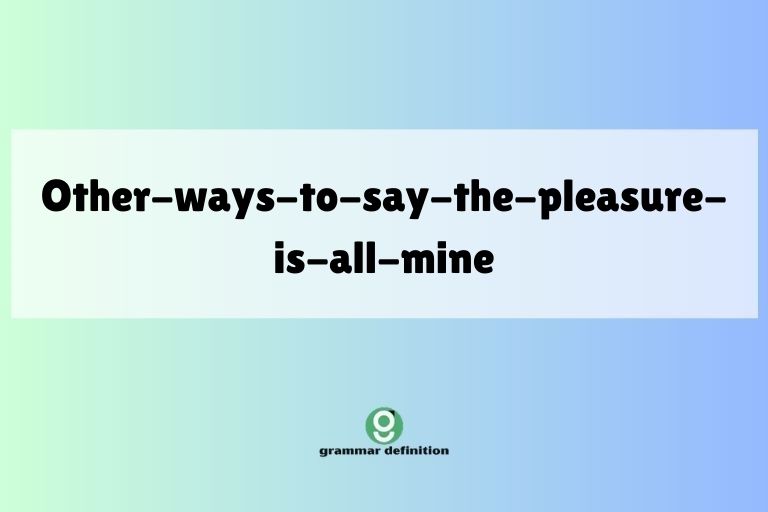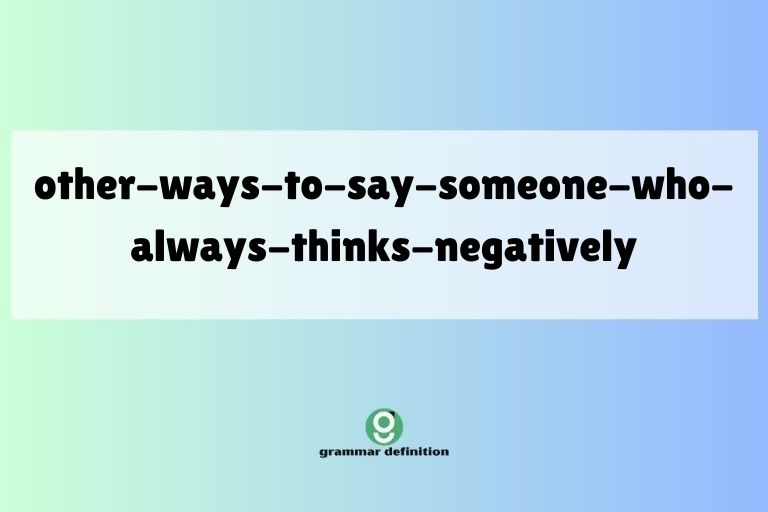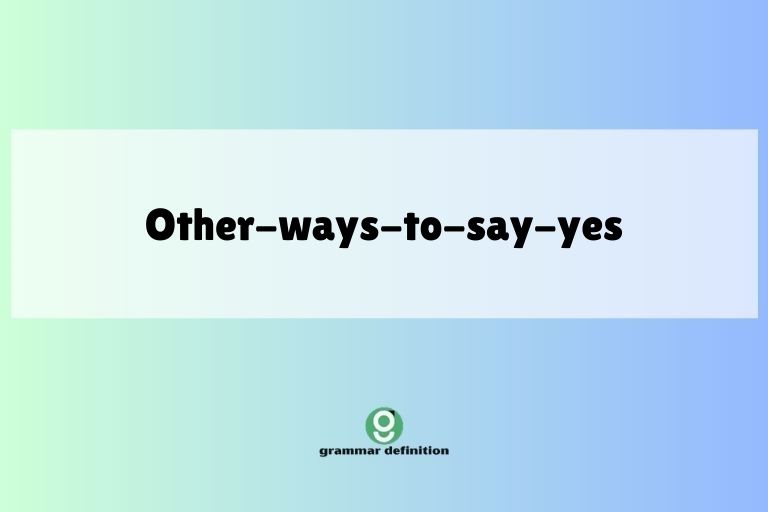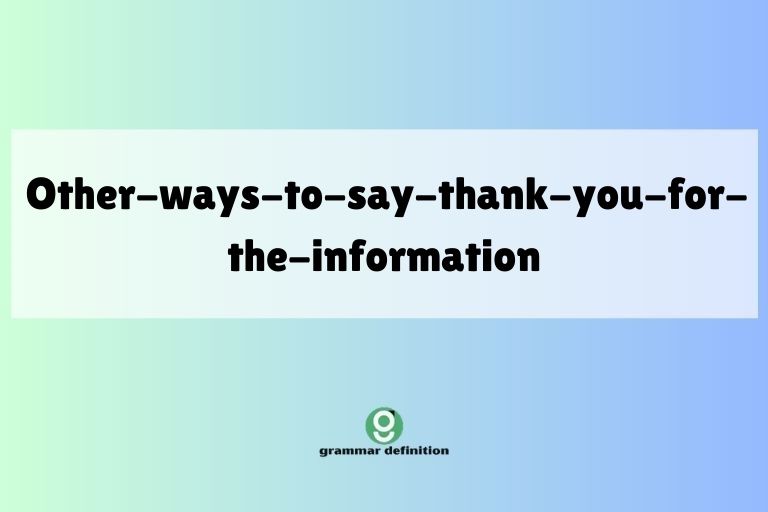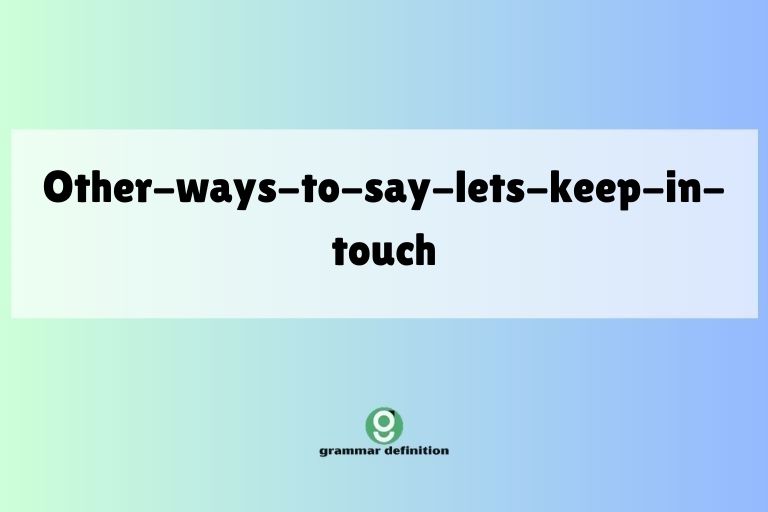Beyond “Passing Time”: Creative Ways to Express Temporal Activity
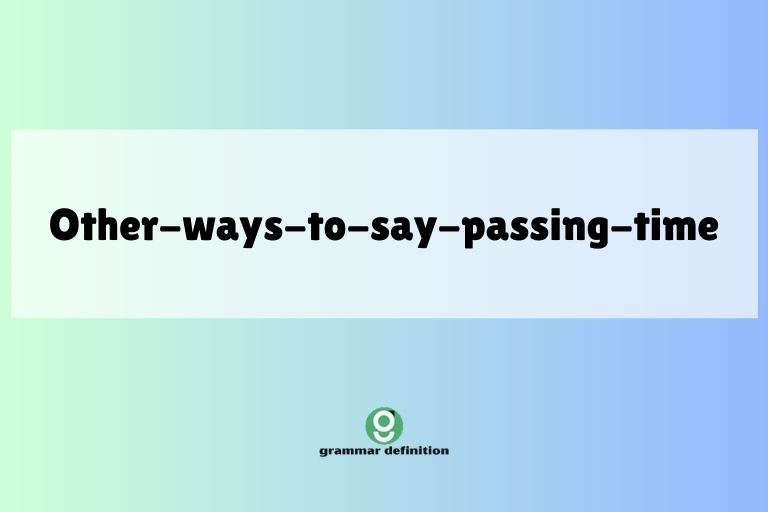
Mastering various ways to express “passing time” enriches your English vocabulary and allows for more nuanced and engaging communication. Instead of relying on the same few phrases, you can learn a diverse range of expressions that convey different aspects of how time is spent, such as enjoyment, productivity, or even boredom.
This article provides an in-depth exploration of alternative ways to describe the act of spending or passing time, complete with examples, usage rules, and practice exercises. Whether you are an English language learner or a native speaker looking to refine your linguistic skills, this guide will equip you with the tools to express yourself more effectively.
This article is particularly beneficial for ESL/EFL students aiming to improve their fluency and vocabulary, writers seeking more vivid and descriptive language, and anyone interested in expanding their understanding of English idioms and expressions. By the end of this article, you will be able to confidently use a variety of phrases to describe how time is spent in different contexts.
Table of Contents
- Definition: Passing Time
- Structural Breakdown
- Categories of Expressions
- Examples
- Usage Rules
- Common Mistakes
- Practice Exercises
- Advanced Topics
- FAQ
- Conclusion
Definition: Passing Time
The phrase “passing time” generally refers to engaging in activities or behaviors to occupy oneself during a period when one has nothing specific to do, is waiting for something to happen, or simply wants to relax. It encompasses a wide spectrum of activities, from leisurely pursuits to more productive endeavors.
The essence of “passing time” lies in filling a temporal gap with something that provides amusement, productivity, or simply distraction.
In linguistic terms, “passing time” is a verb phrase where “passing” is a present participle acting as a verb describing the action of spending time, and “time” is the object of the verb. The phrase itself functions as a general descriptor for any activity undertaken to fill a period of time.
The context in which it is used often dictates the specific meaning and connotation associated with it. For instance, “passing time” while waiting for a doctor’s appointment might involve reading a magazine, whereas “passing time” on vacation could entail exploring new places or relaxing on the beach.
The classification of “passing time” falls under the broader category of temporal expressions, which are linguistic constructs that relate to time. Its function is primarily to describe the way in which time is experienced or utilized.
The context matters significantly as the perceived value of the activities used to pass time can vary greatly depending on individual preferences, cultural norms, and situational factors.
Structural Breakdown
The basic structure of phrases related to “passing time” typically involves a verb indicating the action performed and a noun or noun phrase specifying the activity or object involved. Here’s a breakdown of the common structural elements:
- Verb + Activity/Object: This is the most common structure. Examples include:
- Reading a book
- Watching a movie
- Playing games
- Verb + Adverbial Phrase: This structure adds more detail about how the time is being spent. Examples include:
- Relaxing comfortably
- Working diligently
- Chatting idly
- Gerund Phrases: Using a gerund (verb ending in -ing acting as a noun) is another common structure. Examples include:
- Reading for pleasure
- Gardening in the sun
- Listening to music
- Prepositional Phrases: These phrases often add context or location. Examples include:
- Passing time at the park
- Wasting time on social media
- Killing time before the flight
Understanding these structural elements allows you to create a variety of phrases to describe how time is spent, adding depth and specificity to your communication. The flexibility of these structures means you can adapt them to suit different situations and convey different nuances.
Categories of Expressions
Expressions related to “passing time” can be broadly categorized based on the nature of the activities involved. These categories help to understand the context and purpose of spending time in different ways.
Leisure Activities
Leisure activities are those undertaken for enjoyment and relaxation. These are often chosen as a pleasant way to fill time.
- Reading novels
- Watching movies or TV shows
- Listening to music
- Playing video games
- Gardening
- Hiking
- Painting or drawing
- Knitting or crocheting
- Spending time with friends and family
Productive Activities
Productive activities involve using time to accomplish tasks or improve skills. These are often seen as a worthwhile way to spend time.
- Working on a project
- Learning a new language
- Taking an online course
- Volunteering
- Exercising
- Cooking or baking
- Writing
- Cleaning or organizing
- Networking
Waiting Periods
Waiting periods refer to times when one is forced to wait for something to happen. Activities during these periods are often aimed at alleviating boredom or anxiety.
- Reading a book or magazine
- Listening to music or podcasts
- Playing games on a phone
- Chatting with someone
- People-watching
- Daydreaming
- Scrolling through social media
- Solving puzzles
- Meditating
Unproductive Activities
Unproductive activities are those that do not lead to any tangible outcome or improvement. While sometimes enjoyable, they are often seen as a less valuable way to spend time.
- Loafing around
- Procrastinating
- Surfing the internet aimlessly
- Gossiping
- Staring into space
- Doodling
- Fidgeting
- Daydreaming excessively
- Overthinking
Examples
The following tables provide extensive examples of different ways to express “passing time,” categorized by the type of activity.
Table 1: Leisure Activities
This table illustrates various leisure activities people engage in to spend their time enjoyably.
| Expression | Example Sentence |
|---|---|
| Reading a novel | She enjoys reading a novel to unwind after a long day. |
| Watching a movie | We spent the evening watching a movie at home. |
| Listening to music | He often listens to music while commuting to work. |
| Playing video games | The children play video games to pass the time on rainy days. |
| Gardening | She finds gardening a relaxing way to spend her weekends. |
| Hiking | They went hiking in the mountains to enjoy the scenery. |
| Painting | He paints landscapes as a hobby. |
| Knitting | Grandma loves knitting sweaters for her grandchildren. |
| Spending time with family | We enjoy spending time with family during the holidays. |
| Going for a walk | She likes going for a walk in the park every morning. |
| Browsing bookstores | I love browsing bookstores, even if I don’t buy anything. |
| Attending concerts | They often attend concerts to experience live music. |
| Visiting museums | We spent the afternoon visiting museums in the city. |
| Going to the beach | They enjoy going to the beach to swim and sunbathe. |
| Playing board games | The family plays board games every Sunday night. |
| Doing puzzles | He does puzzles to keep his mind sharp. |
| Collecting stamps | My grandfather collects stamps as a hobby. |
| Birdwatching | She enjoys birdwatching in the local nature reserve. |
| Fishing | They went fishing at the lake last weekend. |
| Camping | We often go camping in the summer. |
| Bike riding | She enjoys bike riding through the countryside. |
| Dancing | They love dancing at the club on Saturday nights. |
| Singing karaoke | We went singing karaoke at the bar. |
| Playing sports | He plays sports to stay active and healthy. |
| Traveling | They enjoy traveling to different countries. |
Table 2: Productive Activities
This table showcases productive activities that people undertake to utilize their time effectively.
| Expression | Example Sentence |
|---|---|
| Working on a project | She spent the afternoon working on a project for her class. |
| Learning a new language | He is learning a new language in his spare time. |
| Taking an online course | She’s taking an online course to improve her skills. |
| Volunteering | He volunteers at the local animal shelter every week. |
| Exercising | She exercises regularly to stay healthy. |
| Cooking or baking | He enjoys cooking elaborate meals on weekends. |
| Writing | She writes in her journal every night before bed. |
| Cleaning or organizing | He spent the day cleaning the garage. |
| Networking | She networks at industry events to make new contacts. |
| Studying | He studies for his exams every evening. |
| Practicing an instrument | She practices the violin for an hour each day. |
| Coding | He codes in his free time to develop new apps. |
| Researching | She researches topics of interest to expand her knowledge. |
| Mentoring | He mentors young professionals in his field. |
| Tutoring | She tutors students in math after school. |
| Developing new skills | He is always developing new skills to advance his career. |
| Planning events | She enjoys planning events for her friends and family. |
| Budgeting | He budgets his finances carefully to save money. |
| Investing | She invests in stocks to grow her wealth. |
| Repairing things | He enjoys repairing things around the house. |
| Crafting | She spends her evenings crafting handmade gifts. |
| Sewing | She sews her own clothes to save money. |
| Blogging | He blogs about his travels and experiences. |
| Landscaping | She spends her weekends landscaping her garden. |
| Writing poetry | He writes poetry as a creative outlet. |
Table 3: Waiting Periods
This table provides phrases for activities done during periods of waiting, often to alleviate boredom.
| Expression | Example Sentence |
|---|---|
| Reading a book | I was reading a book while waiting for the bus. |
| Listening to music | She was listening to music to pass the time at the airport. |
| Playing games on a phone | He was playing games on his phone while waiting in line. |
| Chatting with someone | They were chatting with someone to kill time before the meeting. |
| People-watching | She enjoyed people-watching at the café. |
| Daydreaming | He spent the time daydreaming about his vacation. |
| Scrolling through social media | She was scrolling through social media while waiting for her appointment. |
| Solving puzzles | He solved puzzles to keep his mind occupied. |
| Meditating | She meditated to calm her nerves before the interview. |
| Doodling | He doodled on a notepad while waiting for the phone call. |
| Texting friends | She was texting friends to pass the time on the train. |
| Planning future events | They spent the time planning future events to stay positive. |
| Reading news articles | He was reading news articles to stay informed. |
| Writing emails | She wrote emails to catch up on work. |
| Learning a few phrases in a new language | He learned a few phrases in a new language using a language learning app. |
| Watching short videos | She was watching short videos on her phone. |
| Listening to podcasts | He was listening to podcasts to learn something new. |
| Organizing files | She spent the waiting time organizing files on her computer. |
| Making lists | He was making lists of things to do. |
| Stretching | She stretched to relieve tension while waiting. |
| Playing solitaire | He played solitaire to keep himself entertained. |
| Browsing online shops | She was browsing online shops without intending to buy anything. |
| Writing in a journal | She wrote in a journal to reflect on her thoughts. |
| Cleaning her bag | She spent time cleaning her bag. |
| Doing breathing exercises | She did breathing exercises to calm down. |
Table 4: Unproductive Activities
This table illustrates activities that are generally considered unproductive when spending time.
| Expression | Example Sentence |
|---|---|
| Loafing around | He spent the afternoon loafing around, doing nothing in particular. |
| Procrastinating | She was procrastinating instead of working on her assignment. |
| Surfing the internet aimlessly | He wasted hours surfing the internet aimlessly. |
| Gossiping | They were gossiping about their colleagues during the break. |
| Staring into space | He was staring into space, lost in thought. |
| Doodling | She was doodling on her notepad during the meeting. |
| Fidgeting | He was fidgeting nervously while waiting for the results. |
| Daydreaming excessively | She spent too much time daydreaming excessively instead of focusing on her work. |
| Overthinking | He was overthinking the situation, causing himself unnecessary stress. |
| Watching cat videos | She spent hours watching cat videos online. |
| Comparing herself to others on social media | She wasted time comparing herself to others on social media. |
| Playing mindless games | He was playing mindless games on his phone. |
| Watching reality TV | She spent the evening watching reality TV. |
| Sleeping in too late | He slept in too late and missed his appointment. |
| Eating junk food | She spent her time eating junk food instead of a healthy meal. |
| Complaining | He was complaining about everything instead of trying to find solutions. |
| Avoiding responsibilities | She was avoiding responsibilities by doing unimportant tasks. |
| Getting distracted easily | He got distracted easily and couldn’t focus on his work. |
| Being indecisive | She wasted time being indecisive about what to do. |
| Worrying unnecessarily | He was worrying unnecessarily about things he couldn’t control. |
| Procrastinating on important tasks | He spent the day procrastinating on important tasks. |
| Mindlessly scrolling through feeds | She was mindlessly scrolling through feeds on social media. |
| Binge watching TV shows | He spent the weekend binge watching TV shows instead of studying. |
| Avoiding exercise | He was avoiding exercise and stayed on the couch all day. |
Usage Rules
When using different expressions for “passing time,” it’s important to consider the context and intended meaning. Here are some key usage rules:
- Context Matters: The choice of expression should reflect the activity and the overall tone you want to convey. For example, “engrossed in a book” implies a deep level of engagement, while “killing time” suggests boredom or impatience.
- Formal vs. Informal: Some expressions are more formal than others. For example, “utilizing one’s time” is more formal than “hanging out.”
- Tense Consistency: Ensure that the tense of the verb is consistent with the time frame you are describing. For example, “She was reading a book” (past continuous) versus “She reads a book” (simple present).
- Subject-Verb Agreement: Always ensure that the verb agrees with the subject in number. For example, “He watches movies” versus “They watch movies.”
- Prepositions: Pay attention to the correct use of prepositions. For example, “passing time at the park” versus “wasting time on social media.”
- Idioms: Be aware of the idiomatic nature of some expressions. For example, “killing time” doesn’t literally mean ending time; it means making time pass more quickly.
Understanding these rules will help you use different expressions for “passing time” accurately and effectively.
Common Mistakes
Here are some common mistakes to avoid when using expressions related to “passing time”:
| Incorrect | Correct | Explanation |
|---|---|---|
| I am pass the time by reading. | I am passing the time by reading. | The correct form is “passing,” the present participle. |
| She kill time in the airport. | She killed time at the airport. | The correct tense and preposition are “killed” and “at,” respectively. |
| They are spend their time to watch movies. | They are spending their time watching movies. | The correct form is “spending” and using the gerund “watching.” |
| He is waste time for nothing. | He is wasting time on nothing. | The correct preposition is “on.” |
| We are pass time with play games. | We are passing time by playing games. | The correct preposition is “by” and using the gerund “playing.” |
| She is enjoy to read. | She enjoys reading. | The correct form is “enjoys” followed by the gerund “reading.” |
| He is spend time to learn. | He is spending time learning. | The correct form is “spending time learning.” |
| They are kill time for watch TV. | They are killing time by watching TV. | The correct preposition is “by” and using the gerund “watching.” |
| I am waste my time in social media. | I am wasting my time on social media. | The correct preposition is “on.” |
| She is pass time read book. | She is passing time reading a book. | The correct form is “passing time reading a book.” |
By being aware of these common mistakes, you can improve your accuracy and fluency when using these expressions.
Practice Exercises
Test your understanding with these practice exercises. Fill in the blanks with the appropriate expressions related to “passing time.”
Exercise 1: Fill in the Blanks
| Question | Answer |
|---|---|
| 1. She enjoys _________ in her garden on weekends. | gardening |
| 2. He spends his evenings _________ a new language. | learning |
| 3. They were _________ the time by playing cards. | killing |
| 4. I often _________ to music while working. | listen |
| 5. She _________ through social media while waiting for her friend. | scrolled |
| 6. He wasted the entire day _________ around. | loafing |
| 7. We spent the afternoon _________ a movie at home. | watching |
| 8. She is _________ on a project for her class. | working |
| 9. He finds _________ a relaxing way to spend his weekends. | fishing |
| 10. They love _________ with friends and family during the holidays. | spending time |
Exercise 2: Correct the Mistakes
| Question | Answer |
|---|---|
| 1. I am pass the time by read. | I am passing the time by reading. |
| 2. She kill time in the bus. | She killed time on the bus. |
| 3. He is waste time for nothing. | He is wasting time on nothing. |
| 4. They are spend their time to watch TV. | They are spending their time watching TV. |
| 5. She enjoy to draw. | She enjoys drawing. |
| 6. We are pass time with play games. | We are passing time by playing games. |
| 7. He is spend time to learn. | He is spending time learning. |
| 8. She is kill time for watch TV. | She is killing time by watching TV. |
| 9. I am waste my time in social media. | I am wasting my time on social media. |
| 10. She is pass time read book. | She is passing time reading a book. |
Exercise 3: Sentence Completion
| Question | Answer |
|---|---|
| 1. If I have some free time, I like to _____. | read a book |
| 2. When waiting at the airport, she _____. | listened to music |
| 3. To make the work day go by faster, he _____. | worked diligently |
| 4. During the long train ride, they _____. | played cards |
| 5. She decided to _____ to unwind after a stressful day. | take a bath |
| 6. Rather than be bored, he chose to _____. | learn a new skill |
| 7. I find that _____ is a great way to relax. | gardening |
| 8. They enjoy _____ together on weekends. | cooking meals |
| 9. When I’m stuck in traffic, I _____. | listen to podcasts |
| 10. To make the time pass more quickly, we _____. | told stories |
Advanced Topics
For advanced learners, consider exploring more complex aspects of expressing “passing time,” such as:
- Idiomatic Expressions: Delve deeper into idiomatic expressions related to time, such as “time flies,” “a watched pot never boils,” and “making the most of every minute.”
- Cultural Variations: Explore how different cultures perceive and value time, and how this is reflected in their language.
- Literary Uses: Analyze how authors use language to convey the experience of time in their writing, including techniques such as pacing, flashbacks, and foreshadowing.
- Philosophical Concepts: Consider the philosophical implications of time and how they relate to language and expression.
These advanced topics can provide a deeper understanding of the nuances and complexities of expressing “passing time” in English.
FAQ
Here are some frequently asked questions about expressing “passing time”:
- What is the difference between “passing time” and “wasting time”?
The difference lies in the perceived value of the activity. “Passing time” generally implies engaging in an activity to occupy oneself, without necessarily judging its worth. “Wasting time,” on the other hand, suggests that the activity is unproductive or not beneficial.
- Are there any formal alternatives to “passing time”?
Yes, formal alternatives include “utilizing one’s time,” “engaging in activities,” or “occupying oneself.” These phrases are more suitable for professional or academic contexts.
- How can I make my descriptions of “passing time” more vivid?
Use descriptive language, sensory details, and specific examples to bring your descriptions to life. For example, instead of saying “He was reading,” say “He was engrossed in a thrilling mystery novel, his brow furrowed in concentration.”
- What are some common idioms related to “passing time”?
Common idioms include “killing time,” “making time,” “time flies,” “a watched pot never boils,” and “time on one’s hands.” Understanding these idioms can enhance your comprehension and expression.
- How does the context affect the meaning of “passing time”?
Context plays a crucial role in determining the meaning and connotation of “passing time.” For example, “passing time” in a waiting room might involve reading a magazine, whereas “passing time” on vacation could entail exploring new places or relaxing on the beach. The context dictates the specific activities and their perceived value.
- Is it better to “pass time” or “spend time”?
Both expressions are correct, but they have slightly different connotations. “Passing time” often suggests filling a void or waiting for something to happen, while “spending time” implies a more deliberate and purposeful allocation of time towards an activity or person you value.
- How can I avoid sounding repetitive when describing how someone is “passing time”?
Vary your vocabulary by using synonyms and different sentence structures. Instead of always saying “He was reading,” try “He was engrossed in a book,” “He lost himself in the pages,” or “He was captivated by the story.”
- What is the best way to learn different expressions for “passing time”?
Read widely, listen to native speakers, and practice using new expressions in your own writing and speaking. Pay attention to the context in which different phrases are used and try to incorporate them into your vocabulary gradually.
Conclusion
Mastering various ways to express “passing time” is a valuable skill that enhances your English vocabulary and allows for more nuanced communication. By understanding the different categories of activities, usage rules, and common mistakes, you can confidently use a variety of phrases to describe how time is spent in different contexts.
Whether you’re talking about leisurely pursuits, productive endeavors, or simply filling a waiting period, having a diverse range of expressions at your disposal will enable you to express yourself more effectively and engagingly.
Remember to practice regularly and pay attention to the context in which different phrases are used. With consistent effort, you can expand your vocabulary and improve your fluency in English.
Keep exploring new expressions and refining your understanding of how time is perceived and described in the English language.

